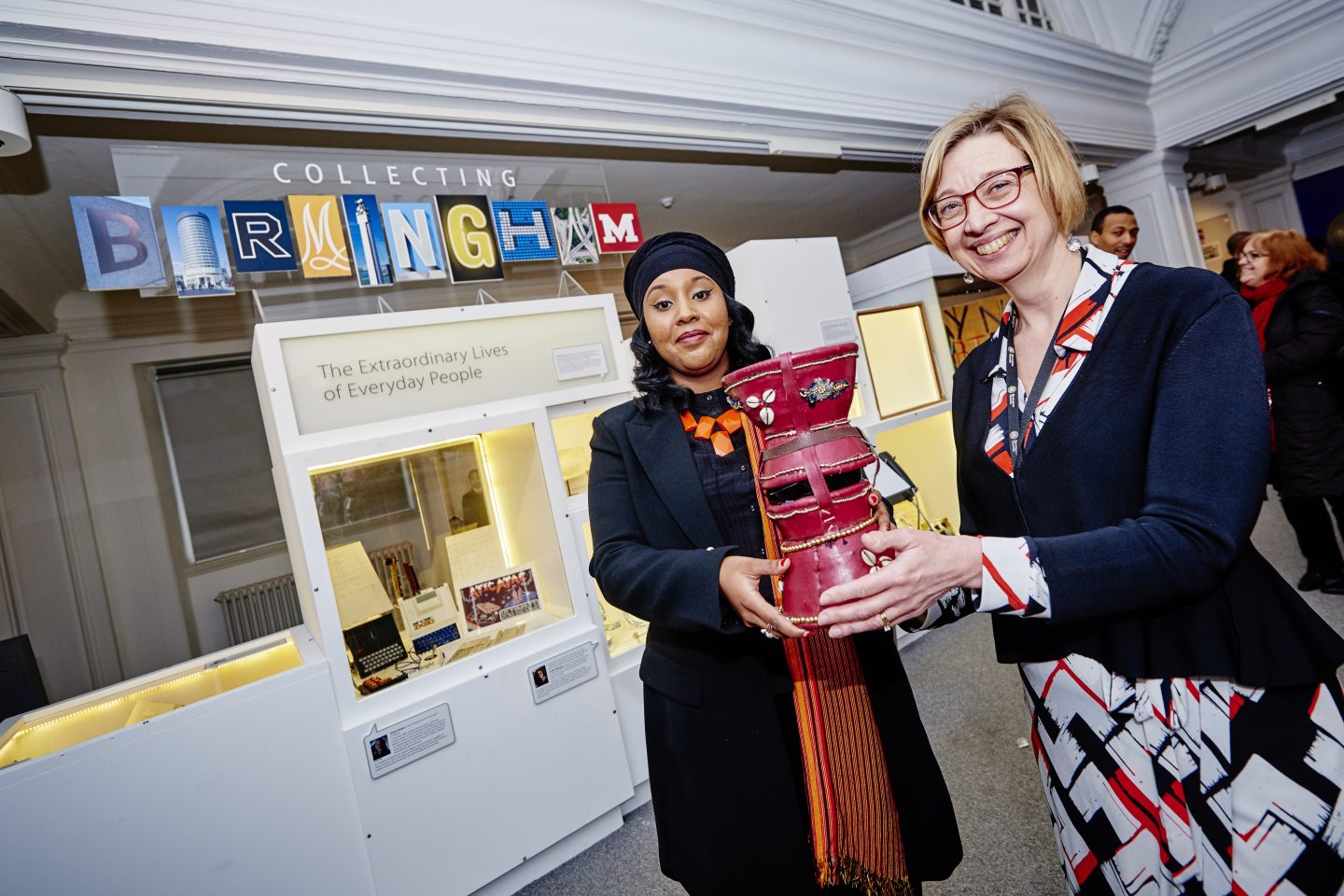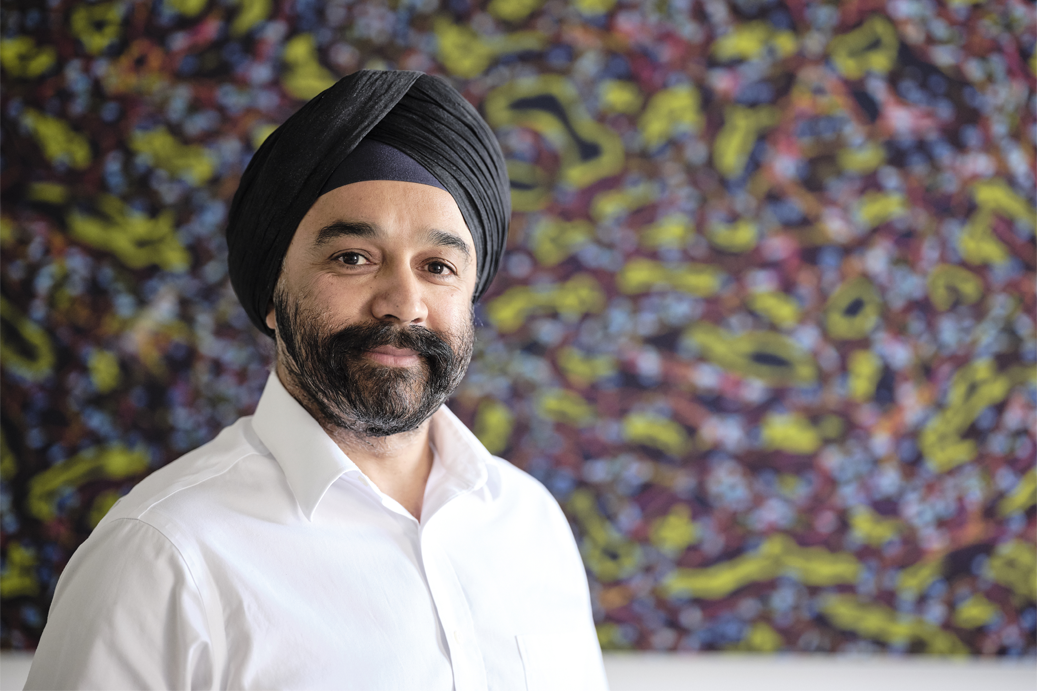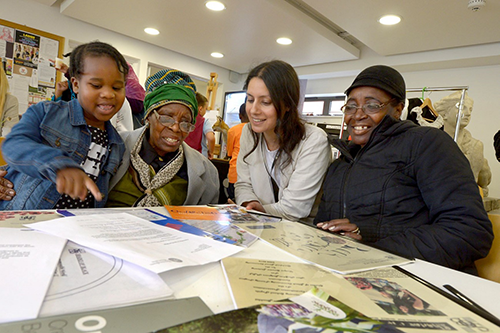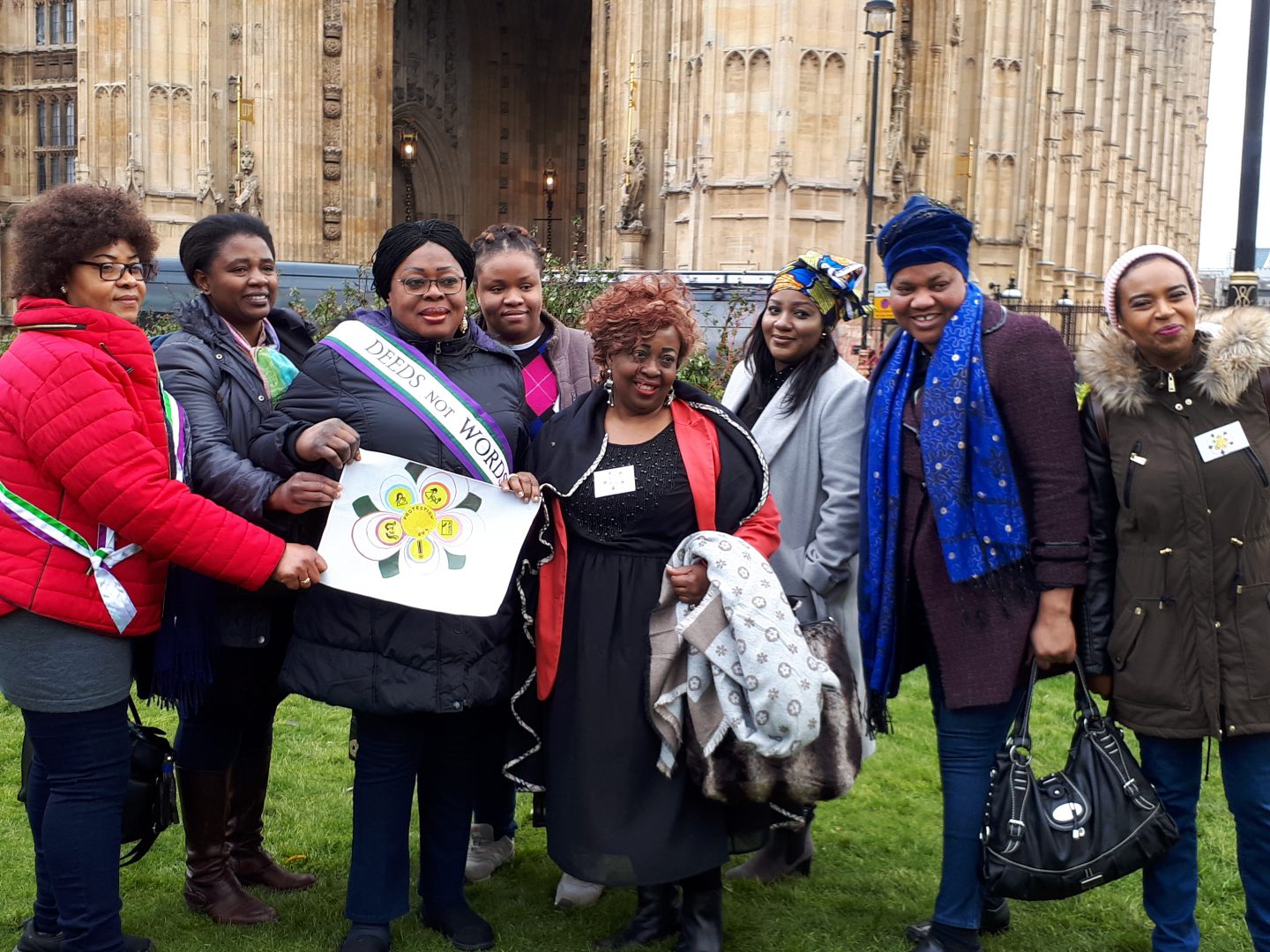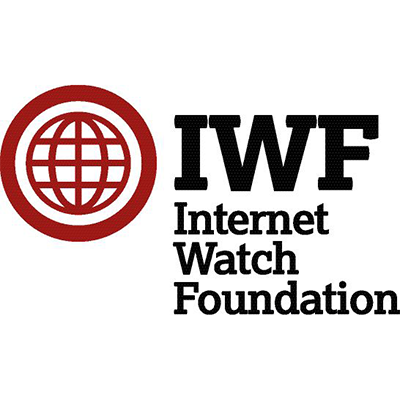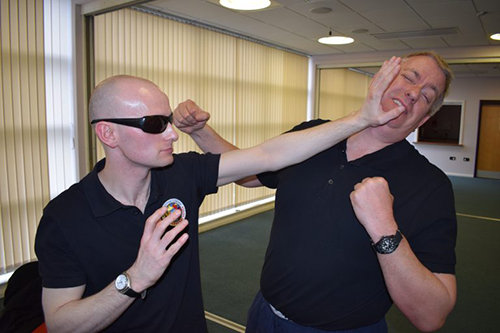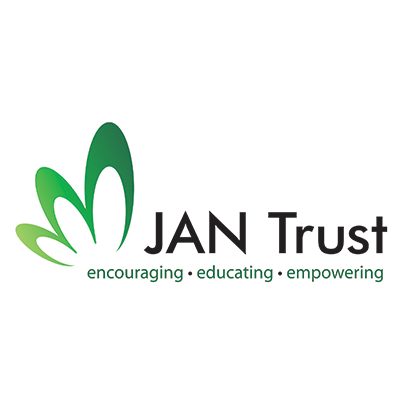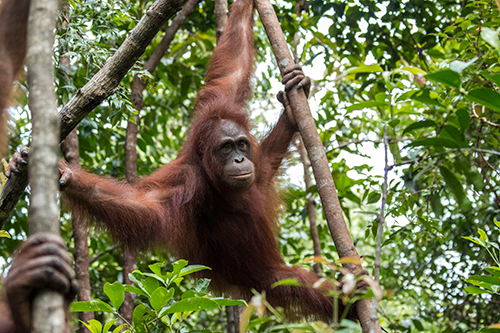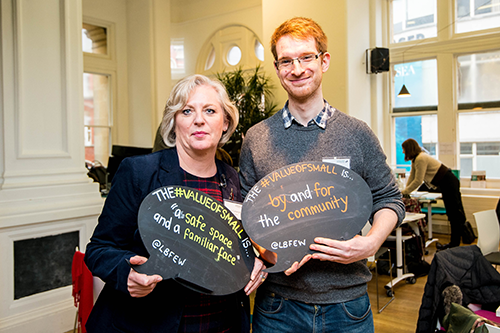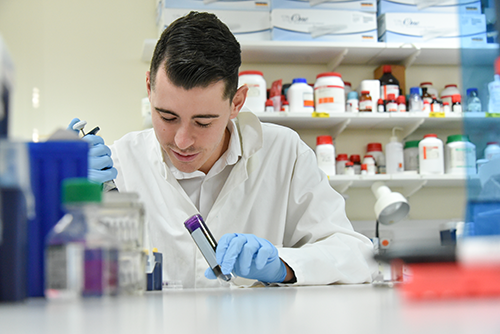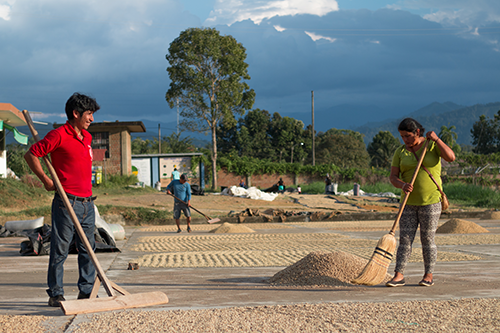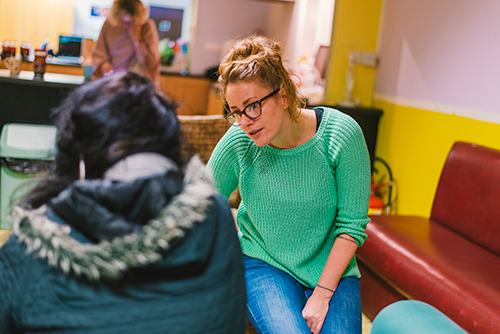2019
Learn about our winning and shortlisted entries from The Charity Awards 2019
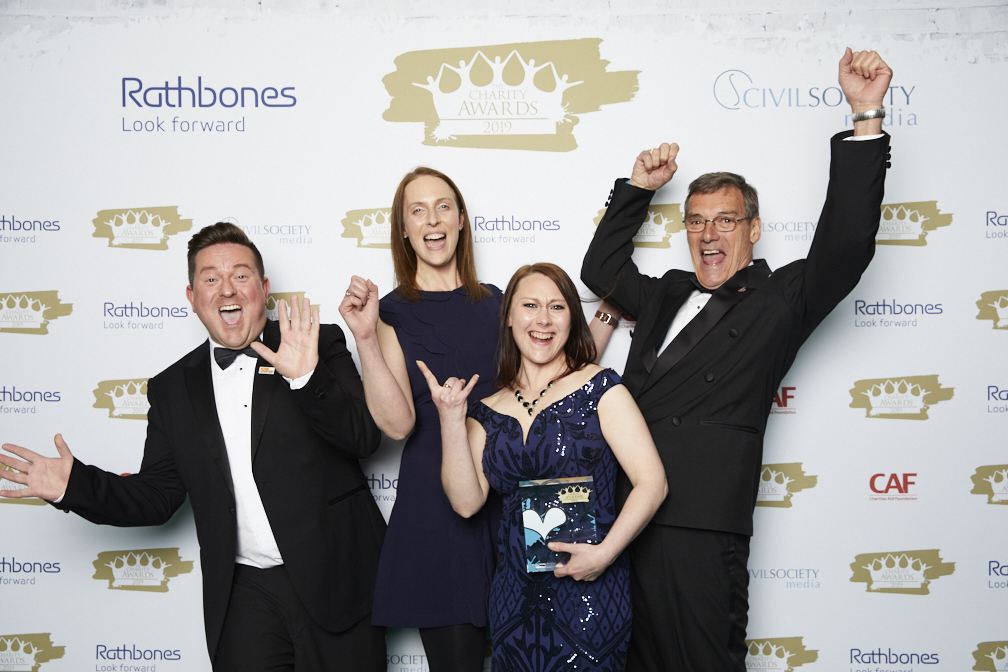
The Charity Awards 2019 Gallery
The Charity Awards 2019 took place on the 5 June at the Pavillion in the grounds of the Tower of London. Ten organisations were honoured with awards in ten categories covering all types of charitable activity in the UK, with Birmingham Museums Trust, winner of the arts, culture and heritage category, being chosen as the Overall Winner. Click here to see all the photos from the night including winners, celebrities and sector VIPs.
 In 2019 we were excited to be joined on the evening by Momentous Photo Booth. They offered photos and GIFs for our guests to share on social media with the hashtag #CharityAwards. https://www.momentousphotobooth.com/
In 2019 we were excited to be joined on the evening by Momentous Photo Booth. They offered photos and GIFs for our guests to share on social media with the hashtag #CharityAwards. https://www.momentousphotobooth.com/
Overall award for excellence
Birmingham Museums Trust
Birmingham is a multi-cultural and socio-economically diverse city, yet the items in its museum venues did not reflect this, and nor did the footfall through their doors. In 2015 it secured a grant from the Heritage Lottery Fund to develop its collections to make them more representative of the city’s inhabitants and their histories. It consulted widely with a range of groups, and determined that the new collections would be co-curated with the people they would represent. The project has fundamentally changed the way the Trust operates and engages with its audiences, and provided a model for other cultural institutions to follow. A new collections development policy is now being devised with audience consultation and co-curation at its heart.
The Daniel Phelan Award for Outstanding Achievement
Sir Harpal Kumar
The proudest moment in Sir Harpal Kumar’s career to date came in 2014, when it was announced that for the first time in history, as many people in the UK were surviving cancer – for at least 10 years – as were dying from it. Sir Harpal KumarSir Harpal was ten years into his 14-year tenure at Cancer Research UK, and seven years as its chief executive. Of course CRUK couldn’t claim all the credit for reaching this tipping point, but there’s no doubt that the UK’s biggest charity played a key role, and no doubt that Kumar’s drive and determination was pivotal in shaping the organisation into a force that could imagine and then support such progress.
Arts, culture and heritage
Birmingham Museums Trust
Birmingham is a multi-cultural and socio-economically diverse city, yet the items in its museum venues did not reflect this, and nor did the footfall through their doors. In 2015 it secured a grant from the Heritage Lottery Fund to develop its collections to make them more representative of the city’s inhabitants and their histories. It consulted widely with a range of groups, and determined that the new collections would be co-curated with the people they would represent. The project has fundamentally changed the way the Trust operates and engages with its audiences, and provided a model for other cultural institutions to follow. A new collections development policy is now being devised with audience consultation and co-curation at its heart.
Campaigning and advocacy
Consonant
Asylum Aid, which merged with Consonant (formally Migrants Resource Centre) in 2016, began a campaign in 2007 calling for women seeking asylum in the UK to be provided with childcare during their asylum interviews. The charity was aware that women risked traumatising their children during interviews by sharing their experiences of human rights abuses, including rape and domestic violence. Yet if they didn’t provide a full and honest account of their experiences, this could reduce their chances of gaining asylum.
Children and youth
Internet Watch Foundation
When IWF was established in 1996, the UK was responsible for hosting 18 per cent of the world’s child sexual abuse imagery. Today the figure is less than 1 per cent but IWF continues to work with a host of partners around the world to lead the fight. To tackle the problem more effectively, in 2018 IWF increased investment in training and welfare support for its analysts, allowing them to be more effective in removing content. Due to the extreme nature of the material they see daily, they are uniquely supported in a variety of ways. The charity also continually invests in new technologies that help it find material and prevent it from being shared.
Disability
The Scottish Centre for Personal Safety
The Centre usually directs its personal safety and self-defence courses at survivors of domestic violence, but it was prompted to develop a course for the blind and visually impaired after reading that these individuals are more than twice as likely as sighted people to be attacked, and often live in fear. The course, which combines personal safety advice with practical self-defence skills and counselling techniques, was developed in consultation with two blind men, both of whom were so inspired by the confidence they gained that they themselves trained to become course instructors.
Education and training
The JAN Trust
North London-based charity JAN Trust launched its Another Way Forward (AWF) project with the aim to “transform the way we tackle and counter” the growing epidemic of online radicalisation and extremism. AWF seeks to combat the root causes that lead to young women and girls being radicalised, including racism, hate crime and marginalisation, and to develop them into ambassadors against extremism. Its architects believe it is the first project of its kind that encourages young people themselves to lead the narrative – an important factor in its success.
Environment and conservation
International Animal Rescue
In 2016 International Animal Rescue began a reforestation project in Borneo to protect critically endangered animals and their environment. Fires and deforestation to make way for palm oil production mean that orangutans are now on the brink of extinction and in 2015 two community forests – 2,000 hectares – close to the charity’s orangutan rescue centre were wiped out by fire as a result of the El Niño weather pattern. Because these are important biodiversity hotspots it was important for the charity to take action and avoid further damage.
Grantmaking and funding
Lloyd’s Bank Foundation for England & Wales
Through research and conversations with grantees, LBF identified several areas charities wanted assistance on and began developing partnerships with providers and consultancies. However, it first had to overcome a huge barrier. Its charities were used to winning grants in a competitive marketplace by not letting any weaknesses plant doubts in the minds of funders. Yet if LBF wanted to genuinely help charities grow stronger for the long term, they needed those charities to be honest about the areas they needed help with. It therefore structured the programme around a partnership of trust and gave the charities the chance to take the lead on selecting what support they required, totally separate from grant monitoring.
Healthcare and medical research
Bone Cancer Research Trust
In 2016 primary bone cancer fell into the remit of the government-funded 100,000 Genomes project, providing an amazing opportunity to uncover the genetics associated with these tumours. Therefore BCRT began preparatory work for a new model of tissue sample collection, which involved equipping existing surgical centres around the country to collect samples, rather than the conventional model of building a single physical biobank. In early 2018 the National Biospecimen Collection Project was fully rolled out to all bone cancer surgical centres. Almost 300 patients have been identified. Of these, 256 were deemed appropriate to be approached for consent, and samples have been gathered from 231 of them. A total of 1,167 samples are now actively supporting 14 current research projects including the genomes one.
International aid and development
Twin & Twin Trading
Since 2015, when coffee leaf rust decimated up to 80 per cent of crops in two coffee co-operatives in Peru, Twin & Twin Trading has been endeavouring to make Peruvian coffee farming more sustainable. Working with M&S which sells Peruvian coffee, and coffee roasters Matthew Algie and Taylors of Harrogate, which supplies coffee to M&S, the charity set up workshops on sustainable agricultural practices, created Farmer Field Schools to act as centres for best practice, and implemented organic compost production in the farms. They also delivered workshops in gender equality, entrepreneurship and food security, which were in turn delivered by the participants to other members of the communities, and young people were trained as industry champions.
Social care, advice and support
The Nelson Trust
In 2013, keyworkers at the Nelson Trust were working with women in Gloucester and Swindon with multiple and complex disadvantage, such as sex working, homelessness, and substance addiction. This work led the Trust to set up the Sex Worker Outreach Project (SWOP) to improve the safety of these women and support them to exit street sex working, and remove the stigma and shame women experience even after leaving. Between September 2017 and August 2018, 89 women improved their housing situation; 63 took steps to improve their personal safety, 58 increased their engagement with substance abuse services and 10 were supported to report violent crimes to the police.

